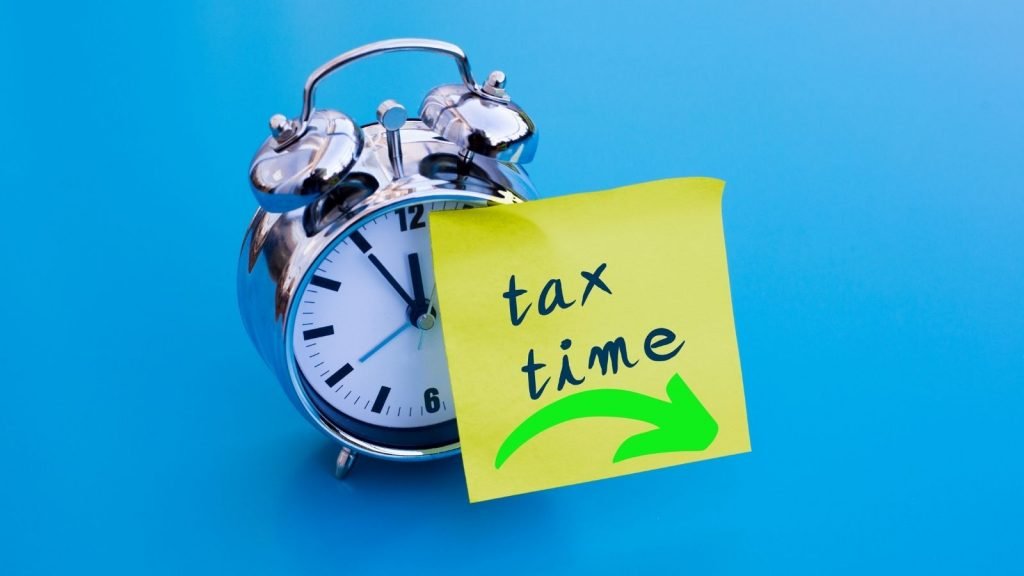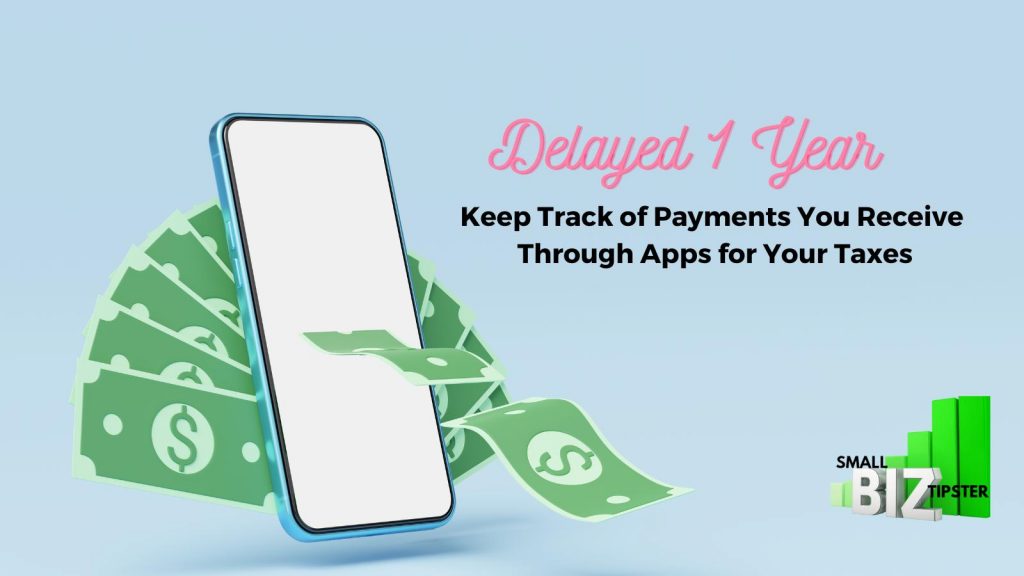If you haven’t heard, the tax monitoring for small businesses, which affects millions of gig workers, has been delayed by one year. The IRS admitted that confusion around the new policy led to a two-year delay.
The $ 1.9 trillion COVID relief bill, passed two years ago by Congress, includes a change to the IRS tax code that requires businesses to file 1099-K forms for anyone making more than $600 in gross pay within a year.
This includes third-party sellers on Amazon and Etsy, as well as Walmart, etc. This tax law has been in effect for a few years, but now the IRS will be cracking down on it for gig workers. What about tax relief?
I’ve always done that for my freelance workers. Once they hit the $600/yr. Threshold, my company has to send out 1099 forms to inform the IRS of what I paid them.
Then, I report it to my accountant for the company taxes.
However, this will now also apply to gig workers who work for companies like Etsy and Uber, among others. Not only that, but the IRS will now require third-party apps to report on earnings as well.

Table of Contents
How Will the IRS Track Gig Workers’ Earnings?
The IRS will utilize popular third-party platforms, such as Venmo and PayPal. This rule is now aimed at those with a side hustle, part-time work, or a small business.
To report these earnings, you must fill out a Form 1099K for the next season. You should receive it from PayPal, Venmo, etc., to complete and report on. So, you must keep track of and register for any payments you receive on these apps.
What Else Changed For Small Businesses and Gig-Economy Workers?
This change means that not only are workers required to claim this income on their taxes (as currently required), but any business that pays them, such as Uber (NYSE: UBER), Lyft (NASDAQ: LYFT), DoorDash (NYSE: DASH) and even marketplaces like Etsy (NASDAQ: ETSY), will be required to submit a 1099-K to the IRS on the individual’s behalf.
Under the old law, payment organizations must only file a 1099-K form on behalf of a seller when total sales exceed $20,000 and/or transactions exceed 200 in a tax year. This started on January 1, 2022 (for monies made in 2021.)
What Happens To Businesses Like Etsy?
Will companies like Etsy lose business with these new regulations in place? The gig economy, as it was called, exploded when COVID-19 caused many people to work from home. Many other people, like wait staff who lost their jobs, found gig jobs working from home.
These businesses will now be required to track payments to workers and submit forms to the IRS for the $600 threshold. They have not had to do this in the past for gig workers.
Now, will these same people find work in restaurants and other service industries? Will Etsy and Amazon lose much business if these gig workers stop working for them?
It is estimated it could cost these businesses collectively a billion dollars annually!
Examples of Gig Workers
Gig workers take on various roles across different industries. They include freelance writers who craft articles and content for websites.
Rideshare drivers use their cars to give people rides through apps like Uber and Lyft. Many gig workers are delivery drivers, bringing food or packages to your door for companies like DoorDash or Amazon Flex.
Some are graphic designers, creating logos and visuals for businesses. Others are tutors, offering their knowledge and skills to help students improve in subjects like math or science.
These are just a few examples, but they highlight gig workers’ broad range of work.
What Will Most Gig Workers Do?
When states relaxed the COVID-19 restrictions, many found jobs back in retail or hospitality. Others quietly quit over the past several years and continue to do gig work.
However, some may only work a side gig until they reach the $600 threshold.
Are Small Businesses Ready For Taxes and Preparation?
For example, if you sell something on eBay or Amazon for over $600, you will have to report that as well. The same would apply if you are on Airbnb.
Now, the IRS has everyone’s personal information. A tax expert warned that IRS penalties can devastate a person’s life and said many gig economy workers would be unable to afford this sudden tax crackdown.
Don’t Miss Small Business Tax Deadlines
If you miss tax filing deadlines, you could be fined $600. Therefore, plan and familiarize yourself with the dates and deadlines for business taxes.
Hint: It’s not just April 15th! If you pay quarterly taxes, your first ones are due around January 15, 2025.

The best you can do is hire a tax accountant; of course, that’s a write-off, too, as a business expense.
Your Turn: Gig Workers and New Taxes
Is your small business affected by the new laws for hiring gig workers? If you are a gig worker, has it changed what you do?




